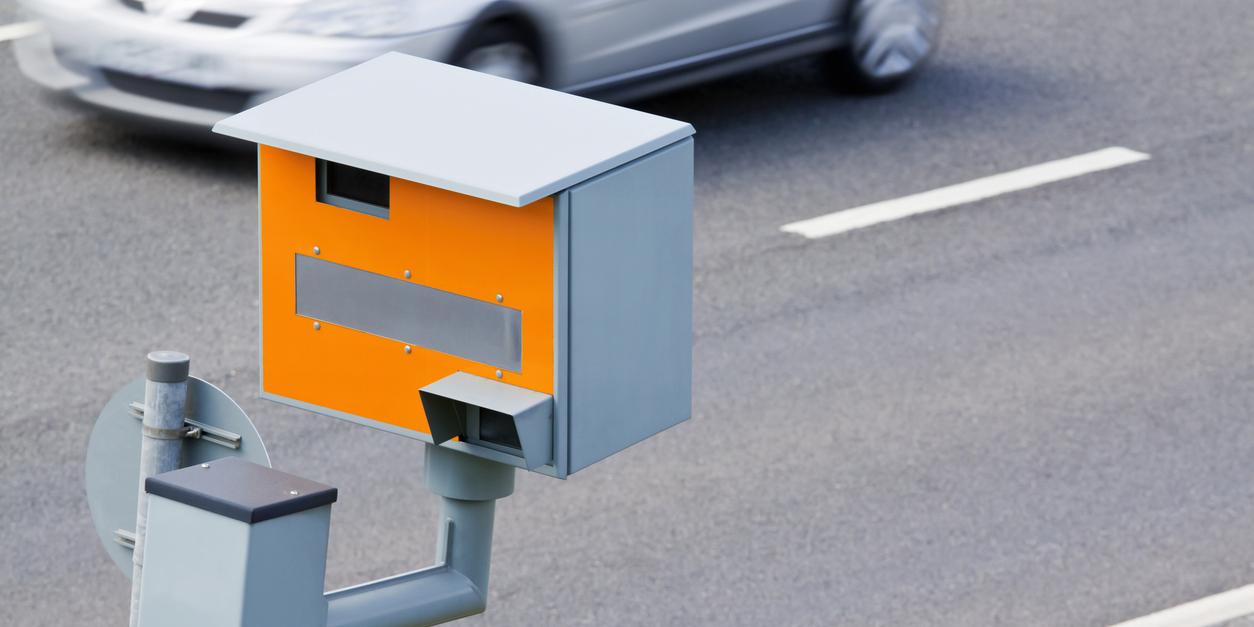Summer drivers more likely to speed and be involved in accidents, research finds
As temperatures climb, motorists’ behaviour takes a turn for the worst

Your support helps us to tell the story
From reproductive rights to climate change to Big Tech, The Independent is on the ground when the story is developing. Whether it's investigating the financials of Elon Musk's pro-Trump PAC or producing our latest documentary, 'The A Word', which shines a light on the American women fighting for reproductive rights, we know how important it is to parse out the facts from the messaging.
At such a critical moment in US history, we need reporters on the ground. Your donation allows us to keep sending journalists to speak to both sides of the story.
The Independent is trusted by Americans across the entire political spectrum. And unlike many other quality news outlets, we choose not to lock Americans out of our reporting and analysis with paywalls. We believe quality journalism should be available to everyone, paid for by those who can afford it.
Your support makes all the difference.June is the worst month for dodgy driving, bringing with it a spike in insurance premiums, a major insurer has warned, after analysis of its telematics data revealed summer drivers speed 21 per cent more than winter drivers on motorways and are involved in more accidents with pedestrians, cyclists and other motorists.
Last year, more than 10 per cent of the annual speeding convictions were clocked in June, according to Admiral and more incidents of drivers breaking hard are recorded during the summer – an indicator of inattentive or fast driving.
With telematics now an established part of the car-insurance industry, considered particularly attractive for younger drivers otherwise facing insurmountable premiums, those motorists letting their hair down – and clocking up almost 20 per cent more miles than we do in cold weather – could be in for a financial shock alongside the real risks to life and property.
“A lot of motorists are travelling further distances over summer but with much less caution than in the winter months,” warns Sabine Williams, Admiral’s head of motor products. “Many drivers enjoy the start of the summer months, making the most of longer evenings and sunny weather to get out more often. They might be tempted to go a little faster on the motorways when the weather starts to improve as well. It’s easy to cover lots of miles when you are visiting the beach, going to festivals, or away on holiday over summer, but don’t relax too much.
“It’s obviously very dangerous to drive without due care and attention, or above the speed limit, whatever the weather or season. But putting your foot down could drive up costs on your insurance because adding speeding convictions to your licence will increase your premiums as well.”
How much?
Even if the chances of a serious incident don’t dampen your open road spirit this summer, a dose of financial salts might. Analysis last summer by MoneySuperMarket found that for a 50-year-old driving a 1.2l Vauxhall Corsa, a single speeding conviction – bringing with it a £100 fine and three points on their licence – would increase the average insurance premium by almost £200 a year to just under £600.
The more serious the offence the more the premium increases. Insurers could impose such increases, the aggregator warned, because drivers with minor offences like these are up to 40 per cent more likely to make a claim on their cover.
And that example is just for “mature” drivers, let alone younger adults already on the sharp end of premium costs.
Cutting costs, not corners
The truth, according to government statistics, is that most of us speed, including 81 per cent of drivers who exceeded the 20mph limit imposed around schools and other vulnerable areas last year.
If you have been hit by a price hike after a speeding conviction there are still a number of legal ways to reduce your premiums – aside from reducing speed and increasing attention and care, that is.
Using the right job title, for example, can help cut costs by up to £88 a year, according to GoCompare, because some occupations are more risky than others. While misrepresenting what you do for a living could void your cover, it pays to be careful about your description. Professional footballers will unsurprisingly pay more for their cover than vicars, but a chef will also pay more than “kitchen staff”. Full-time parents, the retired and full-time students will also save more on their car costs than the “unemployed”.
Buying insurance before the policy start date – even by a week – could cut costs by an average of 12 per cent or £76, and paying annually could come in £120 cheaper.
Ditching extras like a courtesy car and windscreen cover could reduce typical premiums by as much as £140 a year.
And while they will reveal your true driving habits – including that speeding and hard braking – to your insurer, genuinely careful drivers who have just passed their tests at age 17 could see average premiums drop by as much as £370 a year.
Finally, there’s the question of adding more experienced drivers to your policy if you’re a young or new driver. Here the savings can be huge – as much as £520 annually, the aggregator suggests, but as always the paperwork has to reflect reality.
As long as that driver really does drive the car regularly, then including them on the policy is fine. The illegal practice of “fronting” when (usually) parents take out a policy adding their child as a named driver, without any intention of driving the car themselves, in a bid to save on premiums will not only void your cover but could see you prosecuted for fraud.
Read more on the car insurance industry
Join our commenting forum
Join thought-provoking conversations, follow other Independent readers and see their replies
Comments